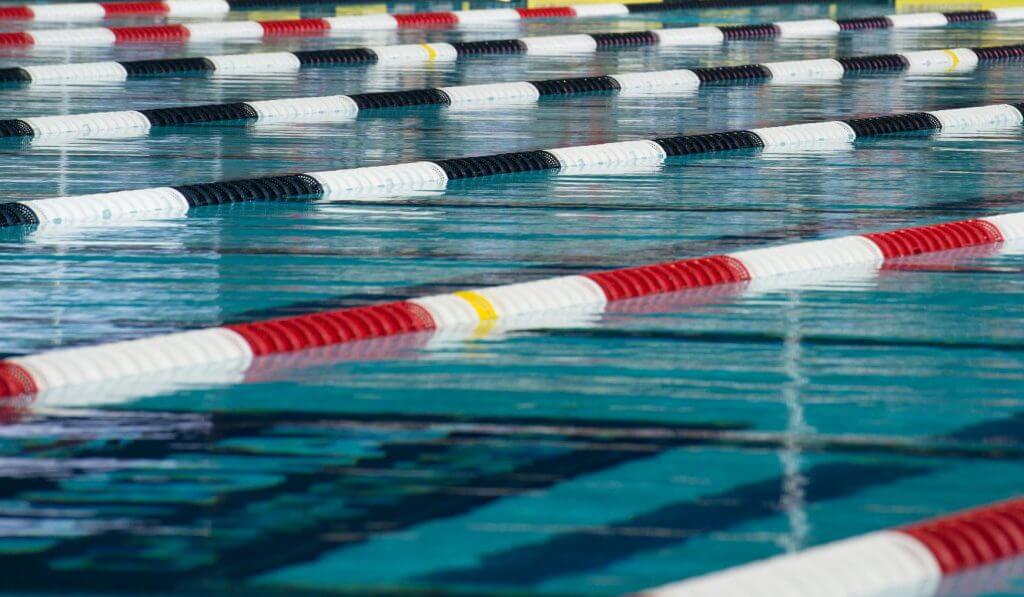Passages: Werner Franke, Doctor who Exposed East German Doping, 82

Passages: Werner Franke, Doctor who Exposed East German Doping, 82
Werner Franke, a German doctor who helped expose East Germany’s expansive state-sponsored doping program, has died.
Franke died of an intracerebral hemorrhage on Nov. 14 in Heidelberg. He was 82 years old.
Franke and his wife, Brigitte Berendonk, were central players in exposing the East German doping scheme that affected athletes like Berendonk, a shot putter and discus thrower who competed for the GDR in the 1968 and 1972 Olympics. Upon the fall of the Berlin Wall, Franke and his wife investigated documents from the unlocked secret files of the Stasi, the East German secret police. That included records smuggled from the Military Medical Academy in Bad Saarow.
That evidence documented State Plan 14:25, a systematic distribution of anabolic steroids to young athletes, particularly women, many without their consent or knowledge. The revelations comprised the 1991 book, written by Berendonk, Doping Documents: From Research to Fraud (In German, Doping Dokumente: Von der Forschung zum Betrug).
Franke and Berendonk, who is 80 and survives her husband, exposed the rampant use of Oral Turinabol, a steroid that boosted performance by had deleterious effects on athletes’ bodies. Franke’s medical expertise helped draw conclusions about the drug’s damage to the liver, heart and to drastically increased risk for certain types of cancer. One of the most powerful stories they helped bring to light was of shot putter Andreas Kreiger, whose use of steroids and onset of masculine traits as a young woman led to him opting for sex reassignment surgery.
Franke and Berendonk helped bring about a court trial for several officials involved in the doping program – Manfred Ewald, Manfred Hoppner and Lothar Kipke, who were all found guilty, though they received little more than suspended sentences and fines. Civil litigation was also brought against drug companies in Germany on the backs of their research.
Perhaps no sport was as blighted by illicit East German dominance as swimming. The GDR was a global non-factor before 1972 but then exploded, starting with the inaugural FINA World Championships in 1973. From 1973-89, GDR women set 110 individual world records and 17 world records, plus 151 individual and 20 relay European records. They won 31 gold medals out of 40 possible combined at the 1976, 1980 and 1988 Olympics and 64 of a possible 120 medals. (This excludes the 1984 Games in Los Angeles which the Eastern Bloc nations boycotted as retribution for the American boycott of the 1980 Moscow Games.) Some of the times were light years ahead of what had come before, enough to inspire whispers of suspicion on deck that remained unconfirmed until Berendonk and Franke.
The zenith was the 1976 Olympics, at which the East Germans won 11 gold, five silver and a bronze medal out of 12 events, the only exception being the storybook American 400 freestyle relay.
Werner Franke’s work extended far beyond doping in sports. Born in Paderborn, he was a professor of cell and molecular biology at the German Cancer Research Center in Heidelberg. A pioneer in research on the cellular cytoskeleton, he served as the president of the European Cell Biology Organization from 1982-90. He won the Meyenburg Price for excellence in cancer research, the Ernst Jung Award in medicine and with Berendonk was bestowed the Order of Merit of the Federal Republic of Germany in 2004, among numerous academic honors.
His name appeared in sports doping controversies beyond the East German scandal. He defended cyclist Danilo Hondo when he faced doping charges in 2005 and levied accusations that Tour de France winner Jan Ullrich was doping in 2006. He also coached track and field, a sport in which he once competed, and performed on stage.




To correct an error above: The East German women won no medals in the 200m breaststroke. It was swept by the USSR.